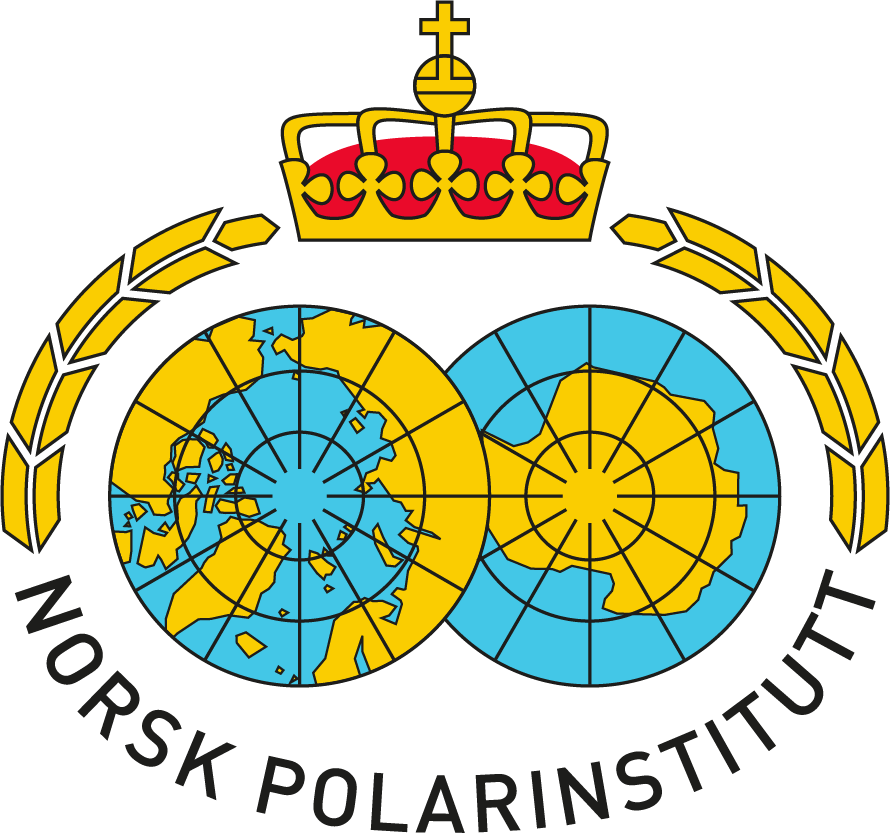In running Troll Station, the Norwegian Polar Institute has many commitments to consider. In the context of an ongoing – and accelerating – global pandemic there are two the stand out. One is that Antarctica is the only continent free of covid-19 and all nations with interests there must work together to keep it this way. The second is that we have a responsibility to secure, operate and upgrade the station, not only on behalf of the NPI and Norwegian interests but also for our collaborative partners, including KSAT, NILU the Meteorological Institute, and the University of Oslo.

Director Ole Arve Misund on Troll in 2018. Photo: Elin Vinje Jenssen / Norwegian Polar Institute
We contemplated using Kronprins Haakon for the change of personnel at Troll. The ship would have been well suited to the task. However, considerations regarding the ship’s other owners and cooperative partners – as well as a long-planned cruise in the North – led us to evaluate other options.
In the end of November the container ship Malik Arctica will carry containers, fuel and equipment to the Dronning Maud Land ice shelf, where the ship will be met by personnel from the station. A scientific team comprising four NPI staff members will be on board the container ship, carrying out research during the journey. The ship will return, carrying goods from Troll, at the end of February. Altogether, the trip will be 85 days long.
Shifting the station personnel will be done by air. There will be three flights transporting the overwintering team and the summer personnel in mid- to late November, and three flights home again from the end of February – six flights in total. The most direct route possible will be taken, with stops in Cape Town and quarantining before departure. Cape Town has seen some positive developments lately regarding the pandemic. Routes via the Falklands and Punta Arenas were evaluated but were found to be the less secure options.
Travels by airplane and ship will take place under the guidance of Tromsø municipality’s top infection control officer, Trond Brattland, and the Infection Control Centre at UNN. Quarantining will be undertaken in accordance with recommendations from infection control experts, and special measures will be followed to minimize the risk of infection all along the way.
We are doing all we can to ensure that we fulfill our obligations and also protect the overwintering team and summer personnel at the station from potential infection.
Best regards Ole Arve Misund, Director, Norwegian Polar Institute





